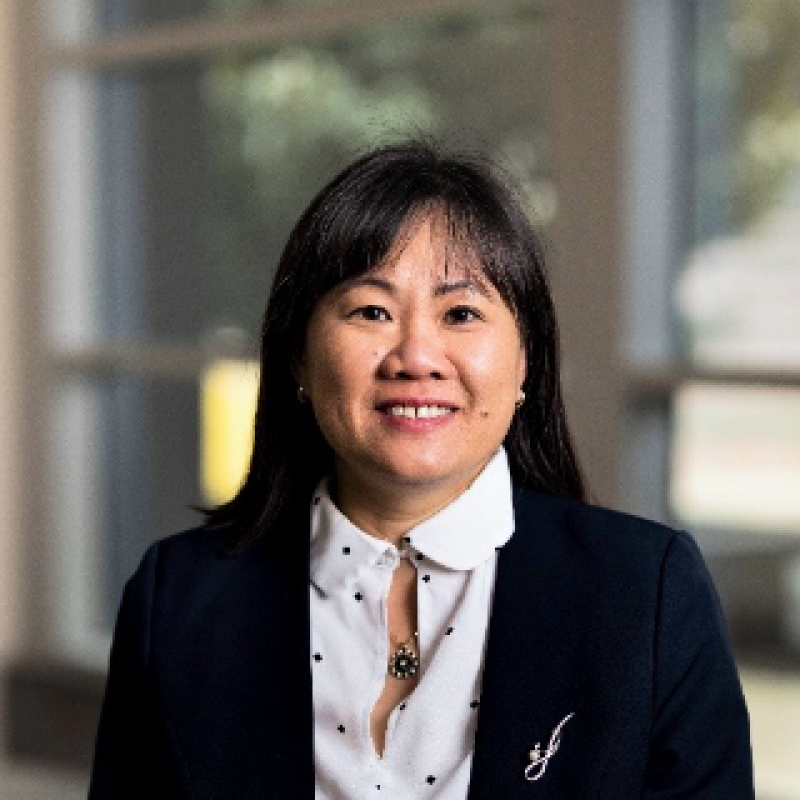Supervisors

- Position
- Lecturer
- Division / Faculty
- Faculty of Health

- Position
- Associate Professor
- Division / Faculty
- Faculty of Health
Overview
Up to 50% of leg ulcers fail to heal within 6-12 months, despite evidence-based care, and 24% of patients are hospitalised. The prevalence of infection in chronic vascular leg ulcers (VaLUs) ranges from 13% to 55%. Infection occurs when the host loses its ability to fight against the microbial virulence. Infection increases costs and resource consumption, and has a deleterious effect on physical, mental, social and financial aspects of patients’ lives. Failure of early identification of infection can lead to delayed healing and hospitalisation in patients with VaLUs and increases morbidity and mortality risk. Currently, the diagnosis of VaLU infection is based on weak, outdated and inconsistent evidence. Despite a large volume of studies on VaLUs, few have focused on clinical signs and symptoms of infected leg ulcers. In addition, many of these studies were conducted more than 10 years ago and were of a low level of evidence. This issue is further complicated by the inadequacy and biases of some microbiological sampling and analyses for identification of microbial communities in VaLUs. Thus, many infected VaLUs are incorrectly under- or over-diagnosed, leading to either undue pain and suffering for the patient, or overuse of multiple courses of ineffective antibiotics. Thus, there is an essential need to understand current indicators utilised in diagnosis of infections in chronic vascular leg ulcers. |
Research engagement
The student would be involved in conducting an updated narrative review of evidence on validity of clinical and microbial indicators of infection and to gain insights into the diagnosis of infection in chronic vascular leg ulcers.
Research activities
Research activities include:
- Conducting searches for relevant records
- Screening records against selection criteria
- Extracting and synthesising data
- Write up of results
- Contributing to and attending the Wound Research Advancement Group meetings and being involved in the larger research group
Outcomes
Short report and presentation to the wound care group on the outcomes from the project.
Skills and experience
Nil required, although experiences in using Microsoft excel would be beneficial.
Start date
1 November, 2024End date
21 February, 2025Location
The student will be based in the same work area with the Wound Research Advancement research team, who will be available each day to guide and assist.
Additional information
The student will be provided with a desk and computer and access to resources for searching and reviewing the literature.
At least one of the supervisory team will be available at all times as well as other members of the wound care research team who will also be available to assist the student.
Keywords
Contact
Dr Ut Bui - thiut.bui@qut.edu.au ph: 3138 3876